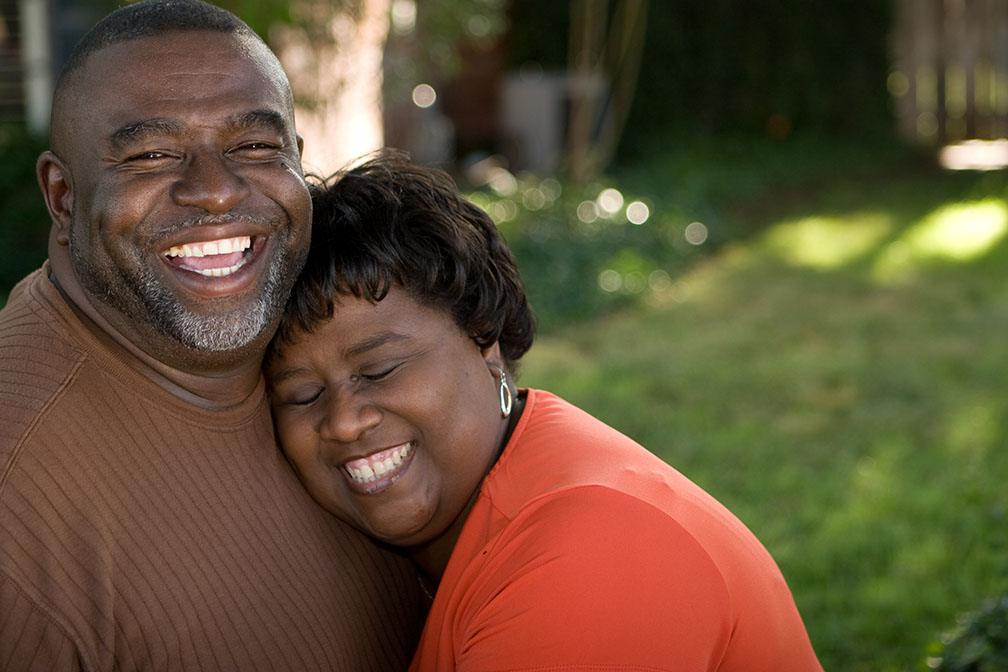3 Completely False Myths About Reverse Mortgages That Need to Be Debunked
 Are you a senior or retired individual older than 62 who is looking to supplement their retirement income? If so, you may have heard about a unique financial product known as a reverse mortgage. In today’s blog post we will explore three myths about reverse mortgages and share why they need to be debunked. Let’s get started.
Are you a senior or retired individual older than 62 who is looking to supplement their retirement income? If so, you may have heard about a unique financial product known as a reverse mortgage. In today’s blog post we will explore three myths about reverse mortgages and share why they need to be debunked. Let’s get started.
Myth #1: Reverse Mortgages Are Expensive
The first myth we will debunk is that reverse mortgages are costly financial products that are full of fees. In fact, nothing could be further from the truth. It’s true that there are closing costs attached to a reverse mortgage, just like with a traditional mortgage. These costs will vary depending on a wide range of factors, including the terms of the reverse mortgage, your financial history, your home’s location, size, assessed value and more.
If you are interested in a reverse mortgage, don’t let the potential fees or closing costs scare you off.
Myth #2: Children Inherit The Reverse Mortgage Payments
Many people believe that they are saddling their children with a mortgage payment when they take out a reverse mortgage, but this isn’t true. After you (and your spouse, if you have one) move on, whoever is overseeing your estate will have the option to sell your home and use the proceeds to pay off the balance of the reverse mortgage. Alternatively, they may decide to use cash to pay off the balance and keep the home. But your children aren’t going to inherit a monthly repayment.
Keep in mind that having a plan for your estate and a proper will is important, regardless of whether or not you have a reverse mortgage. Be sure to contact an attorney who is skilled in estate law for more information.
Myth #3: The Bank Ends Up Owning Your House
Finally, some believe that the bank will end up owning your home if you take out a reverse mortgage. This isn’t true either. With a reverse mortgage, you are borrowing money against the equity or value that you have built up in your home. You will continue to own the house, but the lender may place a lien against it to secure the mortgage loan.
These are just a few of the many myths about reverse mortgages that you might hear about or read online. When you are ready to learn more about this type of mortgage, get in touch. Our team of mortgage professionals is here and ready to assist you.
 Are you a retired individual looking for ways to increase your financial security? If so, you may have heard of a home equity conversion mortgage, more commonly known as a reverse mortgage. Used correctly, this is one of the most effective financial products for retirees who own their home.
Are you a retired individual looking for ways to increase your financial security? If so, you may have heard of a home equity conversion mortgage, more commonly known as a reverse mortgage. Used correctly, this is one of the most effective financial products for retirees who own their home. Are you and your spouse starting to move into your retirement years? If so, you already know that you are going to need a solid financial plan for when your primary sources of income are no longer bringing money in. If you have invested in your retirement, you might be all set. However, what if your house makes up the majority of your net worth?
Are you and your spouse starting to move into your retirement years? If so, you already know that you are going to need a solid financial plan for when your primary sources of income are no longer bringing money in. If you have invested in your retirement, you might be all set. However, what if your house makes up the majority of your net worth?